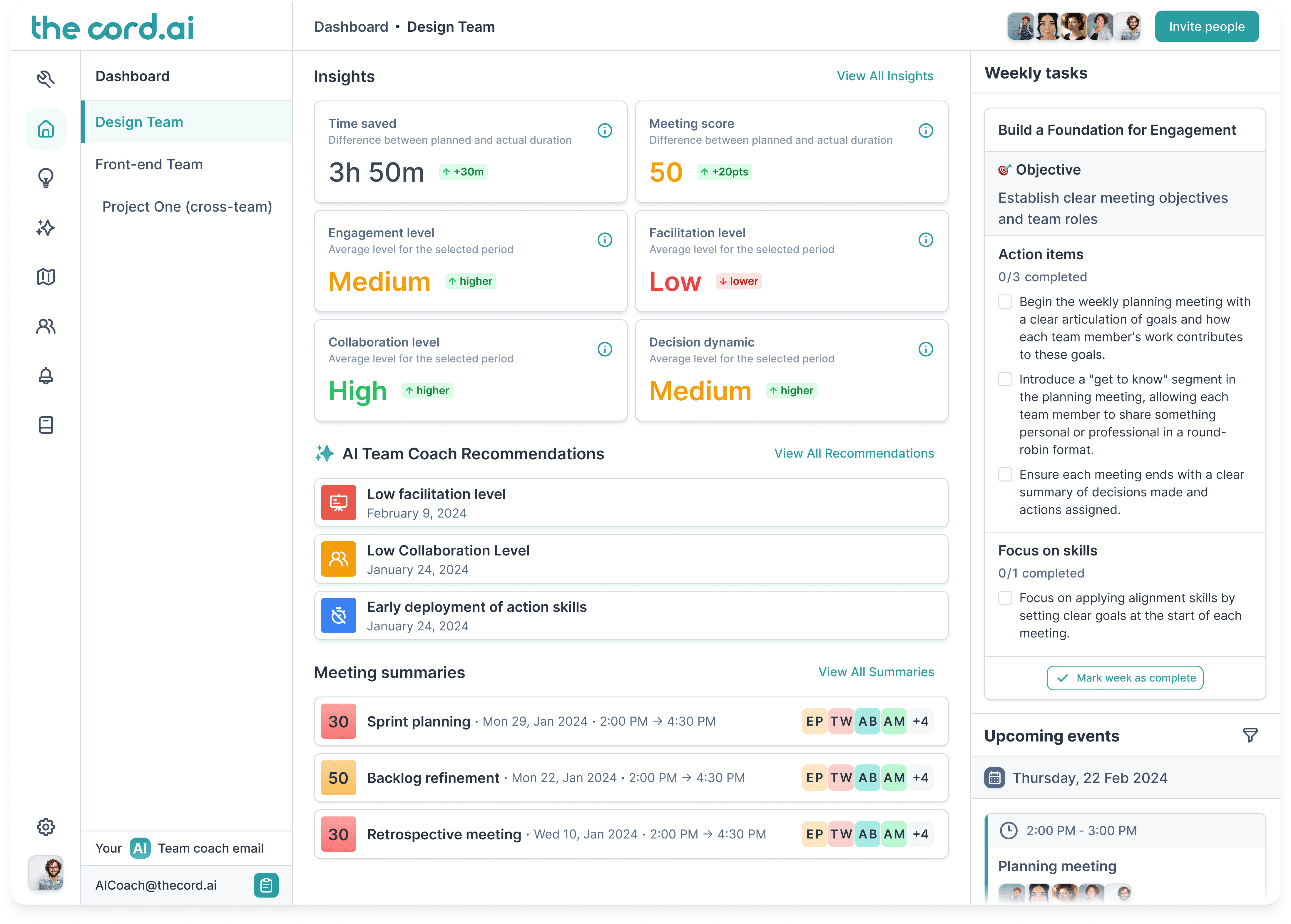The concept of the digital workplace sprung especially in a post-COVID world where remote and hybrid work models have become the norm. But what exactly is a digital workplace, and why is it so important for remote organisations?
What is a digital workplace?
A digital workplace is an always-connected environment that provides employees with instant access to personalised, role-based services, data, applications, and collaboration tools from anywhere, at any time, and on any device. It transcends the physical boundaries of a traditional office, creating a seamless and flexible working experience.
The distinction between the physical office and the place where work happens has blurred significantly. With dispersed workforces and the rapid advancement of internet-enabled devices, the digital workplace has become a critical component for organisations aiming to maintain productivity and collaboration in a remote setting.
Creating a digital workplace in a remote organisation
1. Building the infrastructure
Creating a digital workplace starts with building a robust technological infrastructure. This includes high-speed internet, secure cloud storage, and collaboration tools like Slack, Zoom, and Microsoft Teams. These tools facilitate both synchronous and asynchronous communication, ensuring team members can collaborate effectively regardless of their location.
2. Centralising information
One of the key components of a digital workplace is the centralisation of information. Digital workplaces allow team members to gather all their content and information in one place. Tools like Google Drive, OneDrive, and internal intranet portals help centralise documents, making it easier for employees to access necessary information quickly and efficiently.
3. Ensuring flexibility
Flexibility is a cornerstone of the digital workplace. It allows employees to choose their devices and work hours, fostering a greater work-life balance. This flexibility not only enhances employee satisfaction but also boosts productivity as employees can work during their most productive hours.
4. Implementing knowledge management systems
Knowledge management systems are vital for preserving and sharing valuable organisational knowledge. These systems ensure that important information and expertise are retained within the organisation, even when employees leave. This is particularly crucial for maintaining continuity and efficiency in remote teams.
5. Establishing clear governance
Governance in a digital workplace involves setting clear ownership and guidelines for managing digital tools and information. This includes defining roles, responsibilities, and processes to ensure that the digital workplace operates smoothly and securely.
Why you need a digital workplace in your remote team
1. Enhanced collaboration and communication
Digital workplaces enable seamless communication and collaboration. Tools like Asana, Trello, and project management software allow teams to work together efficiently, share updates in real-time, and manage projects collaboratively, breaking down geographical barriers.
2. Increased efficiency and productivity
By eliminating the need for a physical commute and providing easy access to information, digital workplaces significantly increase efficiency. Employees can complete tasks more quickly and focus on high-priority work without being bogged down by logistical issues.
3. Attracting and retaining talent
The flexibility and modern work environment offered by digital workplaces are attractive to the modern workforce, especially millennials. Offering remote work options helps organisations attract top talent who value work-life balance and flexibility.
4. Cost savings
Digital workplaces reduce the need for physical office space and associated costs such as rent, utilities, and office supplies. Virtual meetings and training sessions also cut down on travel expenses, contributing to significant cost savings.
5. Scalability
Digital workplaces are easily scalable. As organisations grow, they can add more users and expand their digital infrastructure without the need for physical expansion. This scalability is crucial for companies looking to grow rapidly and efficiently.
Power up your digital workplace with theCoRD
Implementing and managing a digital workplace can be challenging, but tools like theCoRD make it easier. theCoRD is an AI-powered platform designed to enhance team management and collaboration. It provides comprehensive solutions for communication, project management, and productivity tracking, making it an essential tool for remote organisations.
theCoRD helps remote teams stay connected and productive. As remote and distributed work continues to grow, embracing the digital workplace and tools like theCoRD will be crucial for organisations looking to be future-proof.











